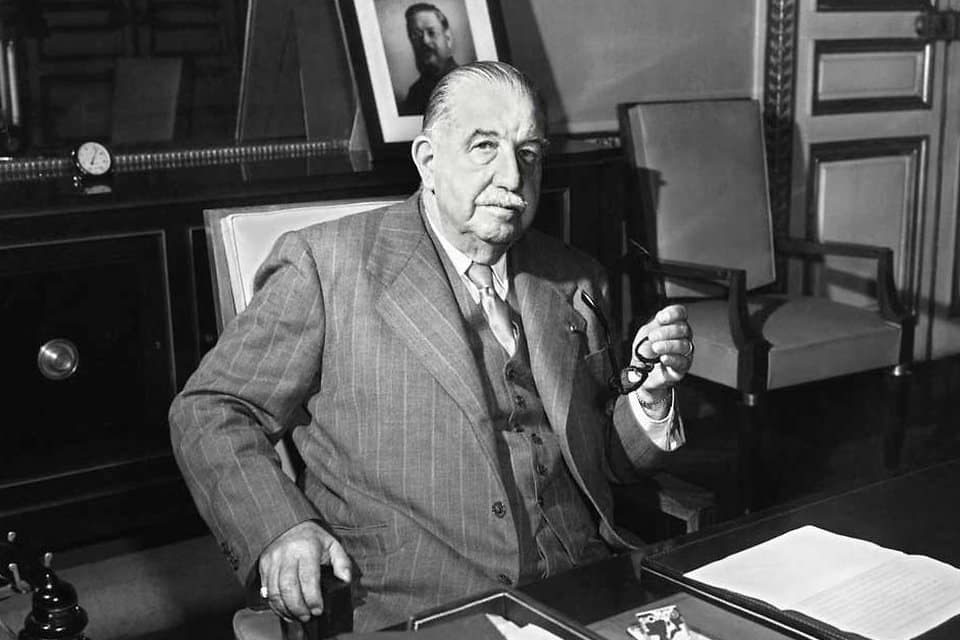Why was Léon Jouhaux Awarded the Nobel Prize for Peace in 1951?
Recognizing Léon Jouhaux's Contributions to Peace and Workers' Rights
Léon Jouhaux was a prominent French labor leader who played a significant role in advocating for workers’ rights and social justice. His tireless efforts in promoting peaceful resolutions to labor disputes and his dedication to international cooperation earned him the prestigious Nobel Prize for Peace in 1951.
Jouhaux’s commitment to peace and social justice was evident through his leadership in various labor movements and organizations. As the head of the General Confederation of Labor (CGT) in France, he worked diligently to improve working conditions, secure fair wages, and protect workers’ rights. He understood that sustainable peace could not be achieved without addressing the socio-economic disparities that often led to unrest and conflicts.
During a time when Europe was recovering from the devastation of World War II, Jouhaux’s emphasis on unity and collaboration was crucial. He recognized that strong international relationships were essential to prevent further conflicts and promote lasting peace. Jouhaux actively participated in the International Labour Organization (ILO) and supported its mission to advance labor standards and social justice on a global scale.
One of the significant contributions that led to Jouhaux’s Nobel Prize was his instrumental role in fostering dialogue between labor unions from different countries. He believed that by building bridges of understanding and cooperation among workers worldwide, the potential for conflict and war could be diminished. His efforts to strengthen international labor solidarity were crucial in the post-war period when nations were striving to rebuild and forge connections.
Jouhaux’s influence extended beyond labor-related issues. He was an advocate for disarmament and the peaceful resolution of international conflicts. His advocacy for nuclear disarmament and his stance against the arms race showcased his dedication to creating a safer world for future generations.
In recognizing Léon Jouhaux with the Nobel Prize for Peace in 1951, the Nobel Committee acknowledged his tireless work in promoting social justice, labor rights, and international cooperation. His steadfast commitment to resolving conflicts through peaceful means and his unwavering dedication to improving the lives of workers worldwide left an indelible mark on the pursuit of global harmony.
Léon Jouhaux’s legacy continues to inspire those who strive for a more just and peaceful world, reminding us that the pursuit of social justice and the resolution of conflicts are essential components of maintaining a stable and harmonious global community.




